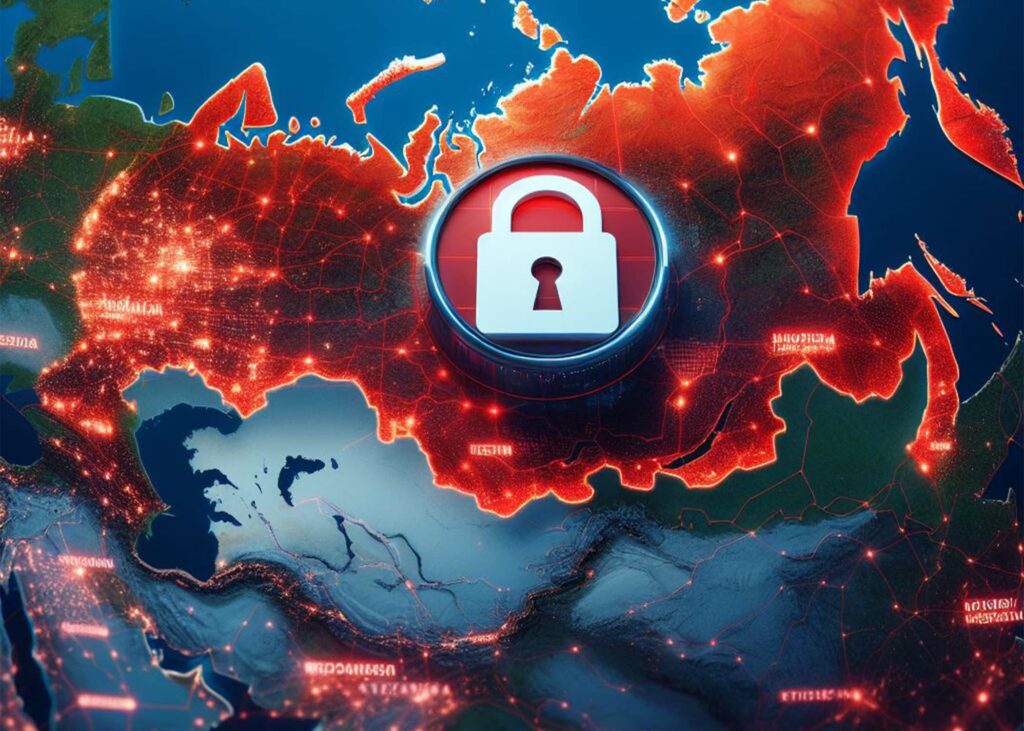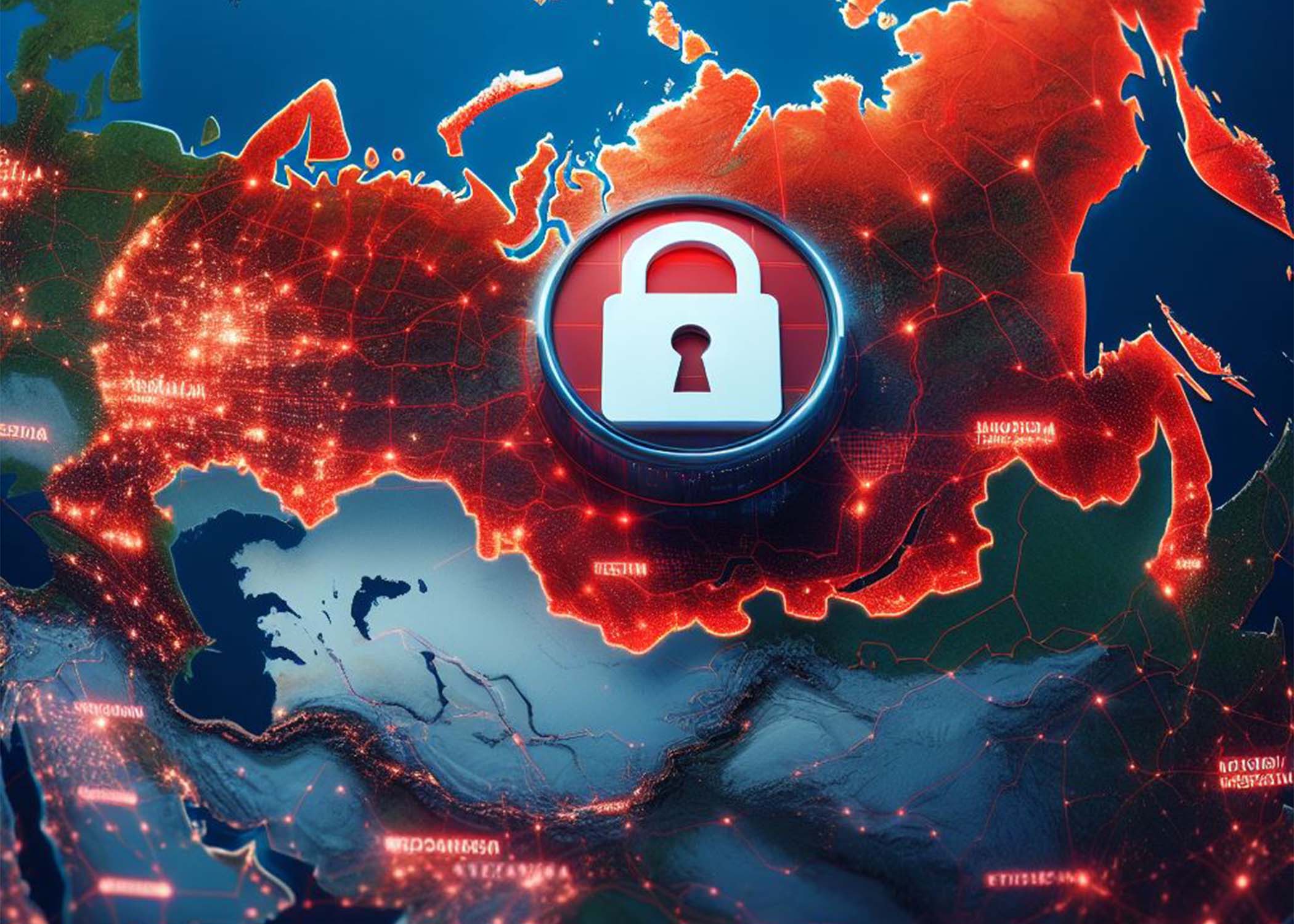In October, HideMy.name, the first VPN in Russia to sue the Kremlin’s censorship body, was labeled a “foreign agent.” Officials claimed the VPN spread false information through its Telegram channel to tarnish the reputation of Russian public authorities, as per Roskomsvoboda, the digital rights group. Despite the rejected legal case and the judge maintaining the blocking order, HideMy.name persists in challenging Russian censorship. The legal team is actively pursuing an appeal against the decision.
HideMy.name’s Ongoing Block in Russia and the Legal Quagmire Ahead
HideMy.name remains blocked in Russia, and Sarkis Darbinyan, Chief Legal Officer of Roskomsvoboda, expressed skepticism about a favorable outcome. He noted the lack of victories against Roskomnadzor’s web resource blocks in the past 12 years. The court proceedings, Darbinyan added, were as opaque as the entire out-of-register blocking process.
When the lawsuit was filed, the legal team aimed to challenge the opaque procedures employed by the Kremlin’s censorship regulator. The court order, executed through Technical Threat Prevention Units (TSPU) under the Sovereign Internet Act, lacked explanations. Official documents presented in court labeled VPN software as a “threat to the safety of functioning of the Internet in Russia,” leading to the block. Roskomnadzor, however, referred to the “threat to counteract (impede) the restriction of access,” a puzzling contradiction according to Roskomsvoboda.
A VPN, or virtual private network, encrypts data flow, allowing users to access geo-restricted content while enhancing online anonymity and privacy. Darbinyan clarified that HideMy.name doesn’t counteract TSPU blocking and criticized the court’s failure to address this issue. The decision, in his view, is not legal, and they plan to appeal to the Supreme Court.
HideMy.name’s designation as a foreign agent poses potential challenges. Russian law mandates such entities to label and report their status, but the VPN provider has no intention of complying. Additionally, the court didn’t specify demands on HideMy.name’s administration. Darbinyan believes this lack of clarity serves to deter users. While interacting with these services isn’t a crime, authorities may link payments to HideMy.name as support for a foreign agent, raising concerns about potential legal consequences.
Darbinyan anticipates further actions from Russian authorities, potentially categorizing such services as undesirable and extremist organizations. This move could lead to criminal liability for donations or payments to these organizations.

HideMy.name’s Legal Battle Unveils Roskomnadzor’s Advanced VPN Censorship in Russia
HideMy.name’s case sheds light on the evolving tactics of Roskomnadzor’s VPN censorship in Russia. The crackdown on VPNs started in 2017 to combat content circumvention. The intensity of this battle increased notably in 2022, driven by rising VPN usage during the Ukraine war and stricter internet regulations.
With the implementation of a new internet sovereignty law, centralized censorship in Russia became less transparent. Even telecom operators, according to Darbinyan, often remain unaware of Roskomnadzor’s actions in their networks.
Darbinyan highlights that censorship is now not just less transparent but also smarter and tougher. Roskomnadzor, like counterparts in China and Iran, identifies traffic by its signature to block VPN protocols instead of merely blocking IP addresses.
Providers responded by developing stealth protocols and VPN obfuscation technology. Roskomsvoboda itself created Amnezia VPN, proving effective in the battle for information freedom and privacy in Russia.
The Kremlin intensified its VPN censorship with new regulations prohibiting the publication of information on bypassing content blocks. HideMy.name’s legal battle becomes crucial as a precedent for other providers challenging the Kremlin’s blocking orders.
Darbinyan notes that VPN services face challenges such as delisting from search engines and content removal from platforms. Not all providers are willing to fight for the Russian market.
After exhausting legal avenues in Russia, HideMy.name’s lawyers plan to take the case to the UN Human Rights Council, showcasing the extent of censorship in Russia to the international community. Darbinyan acknowledges the lengthy process but hopes for change after the fall of the repressive regime, leading to a revision of laws violating human rights.

